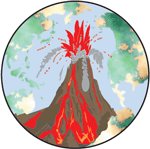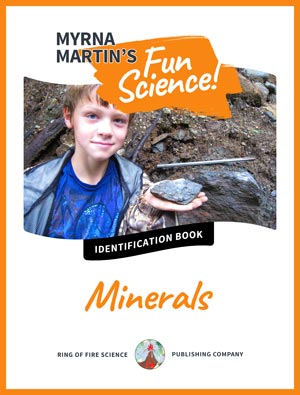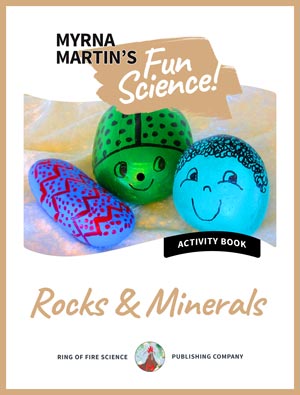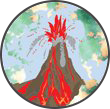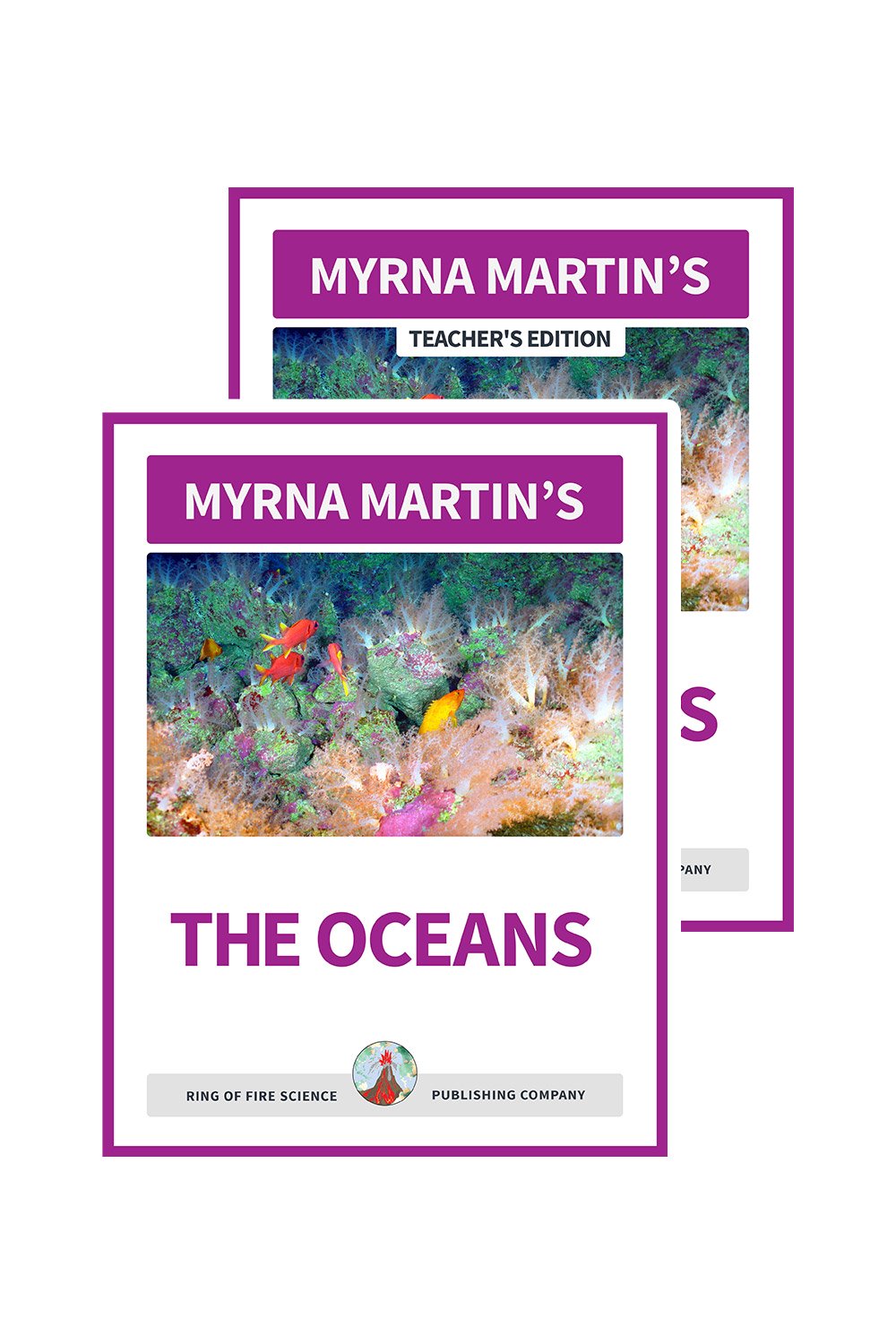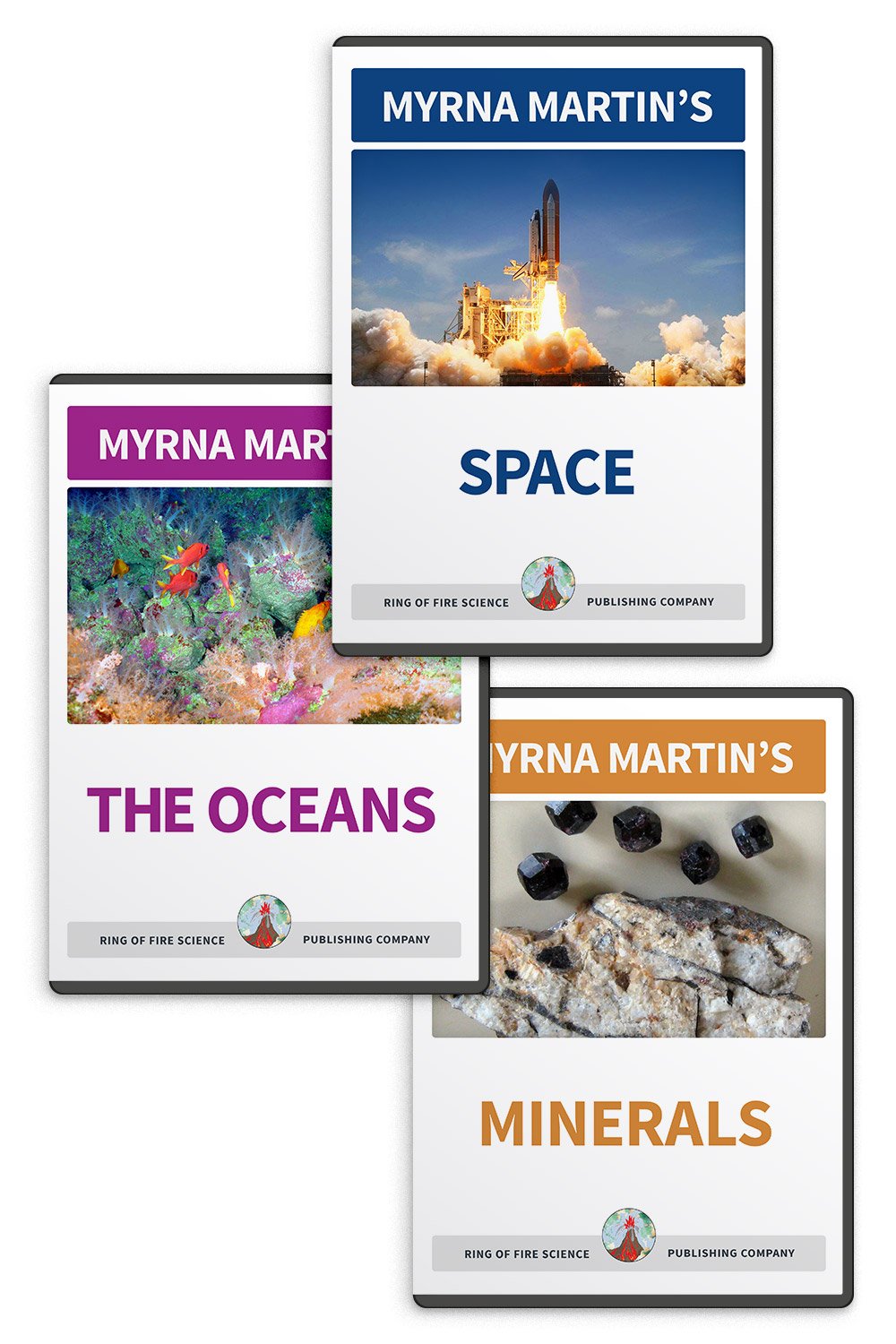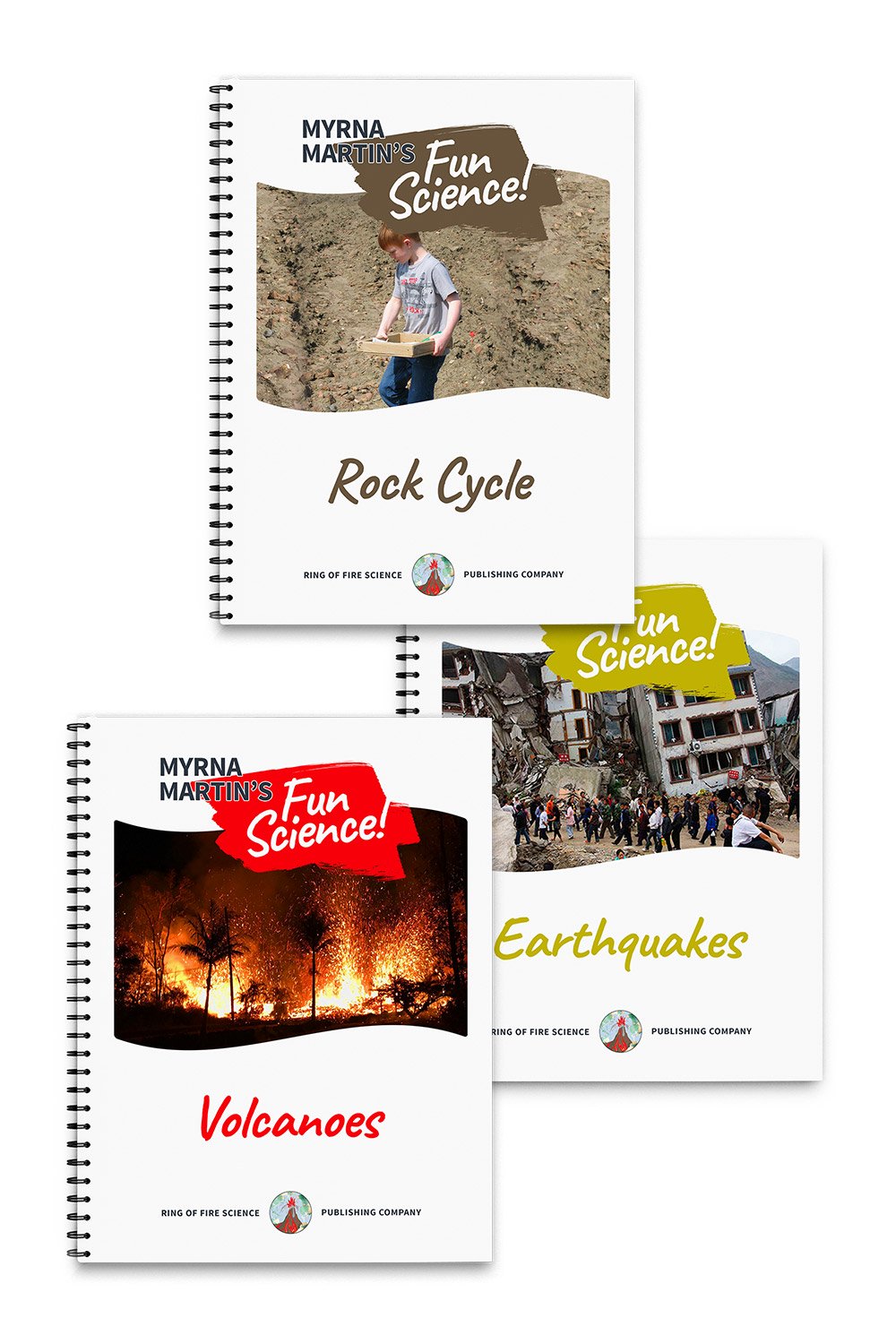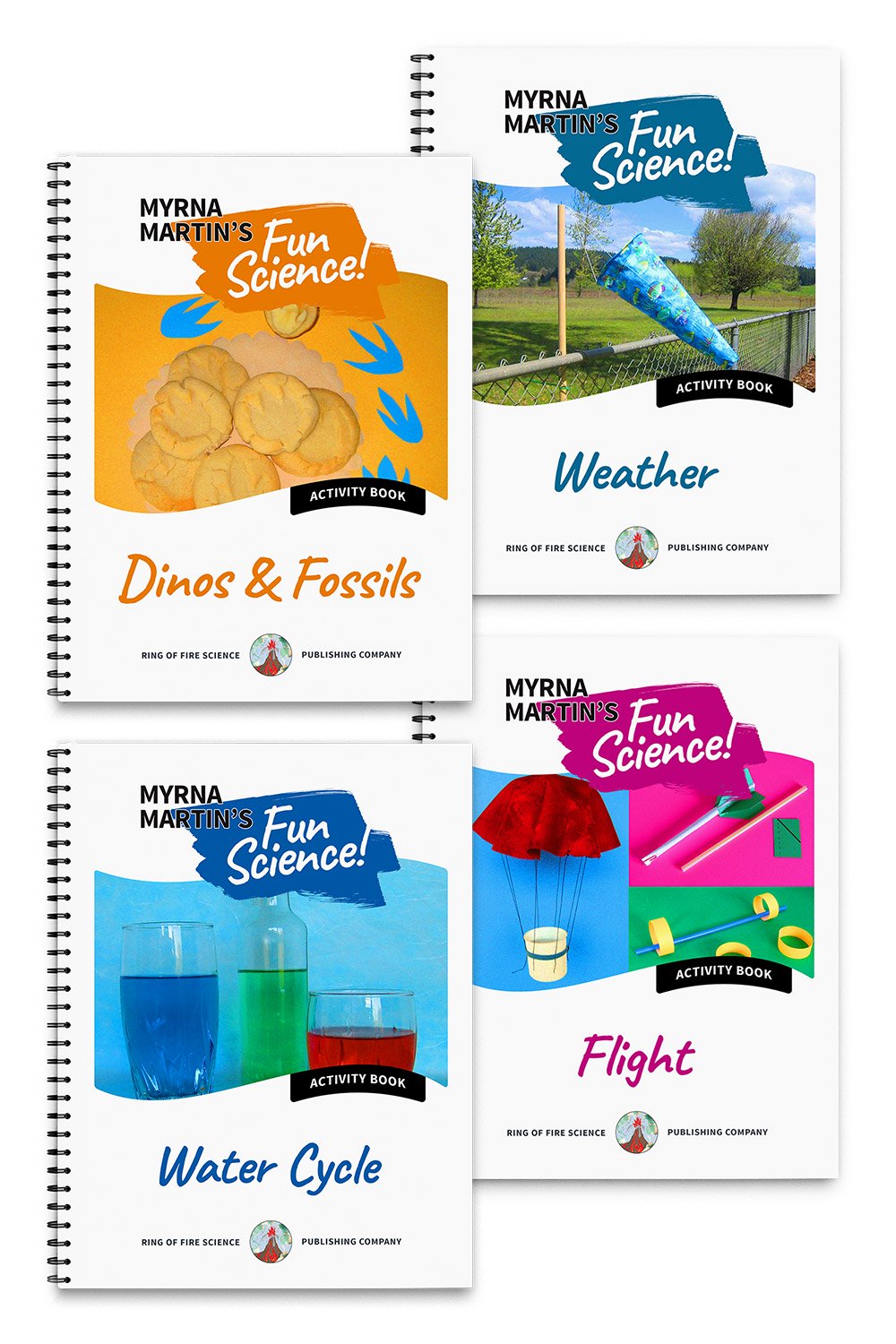Current Events in Science
Kepler Space Telescope
Current events in science
NASA’s top planet hunting telescope was launched on March 6, 2009. The mission of the telescope was to find planets outside of our solar system. The telescope has found thousands of planets since it was launched.
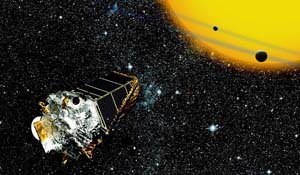
Kepler space telescope looking for planets, NASA
The days of planet hunting by Kepler’s telescope are numbered. An important part of the spacecraft failed in July 2012. The telescope could still look for planets even though an important part of the spacecraft had failed. May 2013 a second reaction wheel on the spacecraft failed.
Scientists can no longer precisely point the telescope at a particular star they want to study. This ability to precisely point the telescope at a particular star means that the telescope cannot longer detect the small dips in starlight that indicates a planet is orbiting the star.
Engineers in July tried to force the faulty wheels into action but they encountered unexpected high friction. Next the engineers tried to direct the telescope at a particular star using the two wheels that are working correctly. The wheels worked perfectly for about six hours and then the telescope unexpectedly shut itself down because of too much friction.
NASA had expected to spend roughly $18 million on space projects this year but with the two wheels broken they may not be allowed to proceed. Scientists are trying to come up with other ideas for the spacecraft at this time. If they do not fund the projects Kepler’s mission is still a resounding success. Scientists have identified over 3,000 exoplanets with the telescope. Prior to Kepler space exploration only 350 planets had been identified.
The next exoplanet mission if it continues to be funded will probably launch in 2017. The spacecraft known as the Transiting Exoplanet Survey Satellite (TESS) will be looking at bright nearby stars.
The $200 million telescope aboard the spacecraft is not as sensitive as the telescope aboard Kepler because scientists are looking at stars in our neighborhood for unknown planets. If they identify planets the new powerful telescope James Webb Space Telescope will be able probe their atmospheres.
More Current Events in Science
Science Articles for Kids - Includes information about the Sun’s magnetic poles changing, tourist in space, a two-toned lobster, Kepler telescope discoveries and our science newsletter for kids.
Science Current Events – Sun’s Magnetic Poles The Sun’s magnetic poles switch polarity once every eleven years. This is due to occur in the next few months.
Current Events in Earth Science – Space Tourists Virgin Galactic’s Space Ship Two (SS2) flew over the Mojave Desert in California on September 5, 2013. Virgin Galactic’s goal of flying tourists into space in 2014 is much closer after the flight.
Kids Current Events – Two-toned Lobster A rare two-toned lobster was caught off the coast of Maine. It is estimated that only 1 in 50 million lobsters will have this coloration.
Current Events in Science – Kepler’s Space Telescope NASA’s top planet hunting telescope was launched on March 6, 2009. The telescope has found thousands of planets outside our Solar System since it was launched.
Science Trivia Science page includes information about the discovery of Pluto, cave formation, Mammoth Cave, bones of the human skeleton, Genghis Khan, industrial revolution, spinning jenny and much more.
Science Inventions The first navigation system was developed for captains sailing in foggy conditions to keep ships from colliding in the fog. The US Military developed an improved system in 1939.
Kids Science Newsletter Our FREE science newsletter is published each month during the school year. The newsletter includes current events in science, trivia, and a fun activity. Check out a sample of our newsletter on this page.
KIDS FUN Science Bookstore
Check out Myrna Martin's award winning textbooks, e-books, videos and rock sets. The Kids Fun Science Bookstore covers a wide range of earth science topics. Click here to browse.


